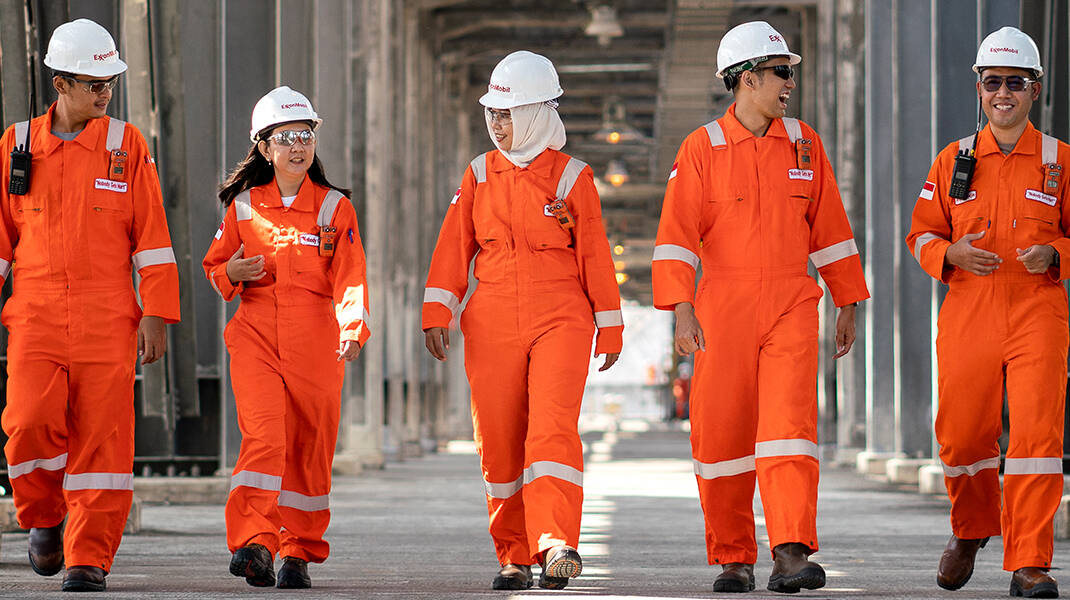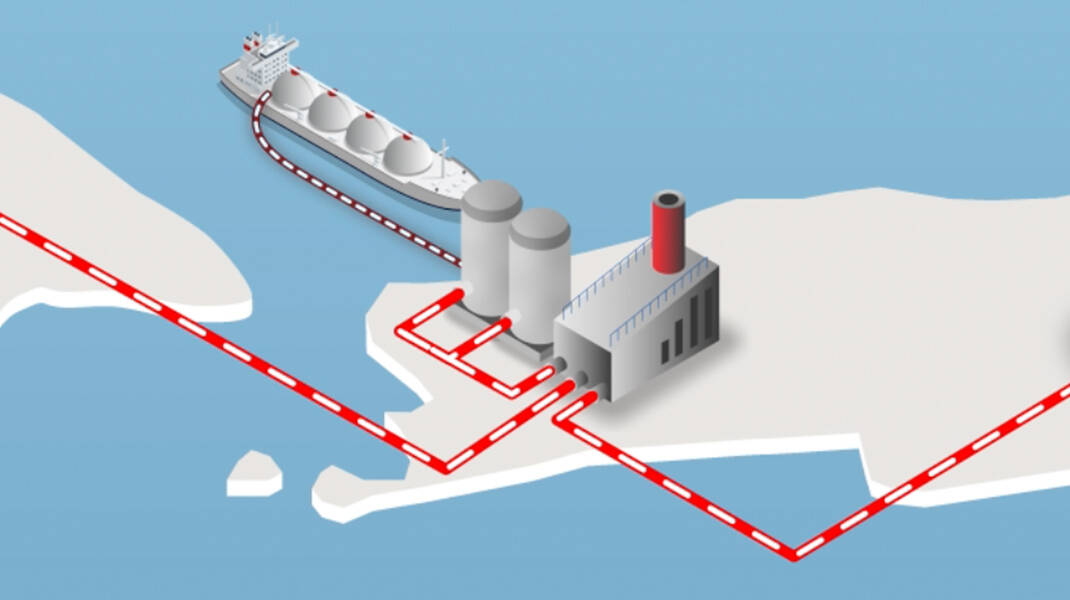3 min read
• Oct. 11, 2024Indonesia's great CCS opportunity
- Indonesia is strongly positioned to become a major player in the fast-growing carbon storage sector.
- Indonesia has the key combination of substantial CO2 storage potential and the expertise to take advantage of it.
- Heavy industry and energy are important sectors to support Indonesia’s growth and CCS can help them both reduce emissions.
3 min read
• Oct. 11, 2024Navigate to:
Geological advantages and extensive expertise have positioned Indonesia to be a major player in the fast-growing carbon capture and storage (CCS) sector.
Indonesia is the world’s largest archipelago nation, with over 17,000 islands. Deep beneath the surface of this unique nation, vast amounts of CO2 could be stored. There is estimated space for as much as 700 Gigatonnes (Gt). That’s enough space to store Indonesia’s hard-to-abate CO2 emissions for over a thousand years.
Above ground, a highly developed energy and industrial sector has created a deep well of expertise. This ecosystem of oil and gas engineers and other industrial specialists has the expertise needed to use Indonesia’s existing infrastructure to utilize geological CO2 storage sites.
What is CCS?
CCS is the process of capturing CO2 that would be released into the atmosphere – from an industrial furnace, for example – and storing it. The captured CO2 is pumped deep underground for safe, secure and permanent storage. CCS is a readily available technology that can significantly reduce emissions from hard-to-abate sectors like refining, chemicals, cement, steel, and power generation.
Indonesia: ASEAN’s first CCS hub?
Indonesia has the chance to be one of the first movers in the multi-billion-dollar global market for storing CO2, especially in Asia Pacific.
One storage site that we’re exploring is beneath shallow water of the Java Sea. This location alone could store 3Gt of CO2. That would make it one of the largest CO2 storage site in Southeast Asia.
How can CCS benefit Indonesia?
Capturing and storing CO2 could bring many benefits to Indonesia and the wider region. Every 1 million tonnes of CO2 captured creates IDR 4 trillion in economic value add, along with 800 new jobs.
CCS can help heavy industrial facilities reduce their emissions. Industries like steel making, cement manufacturing, hydrogen production, and electricity generation. These are vital to a growing country like Indonesia.
Above all, reducing CO2 emissions is a vital step in tackling climate change. When 23% of people in ASEAN are exposed to the risk of flooding and 25% are exposed to the risk of drought, this is an essential goal for Indonesia and the region.
Asia Pacific region
Newsroom
Stay up to date with the latest news and information
Explore more

Scale, storage and skills: Indonesia’s CCS difference
2 min read
• May 30, 2024
What could an Indonesian CCS hub look like?
2 min read
• May 13, 2024
Unlocking Asia Pacific’s CCS potential
4 min read
• May 2, 2024